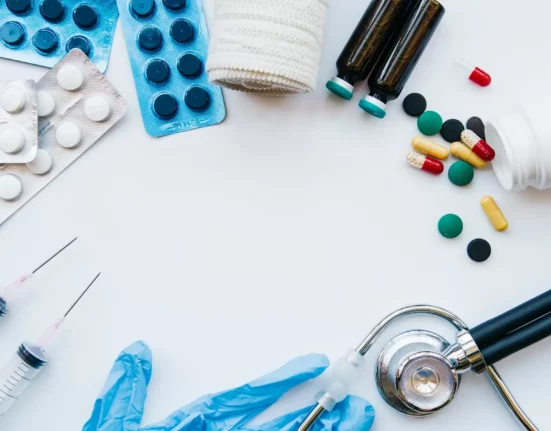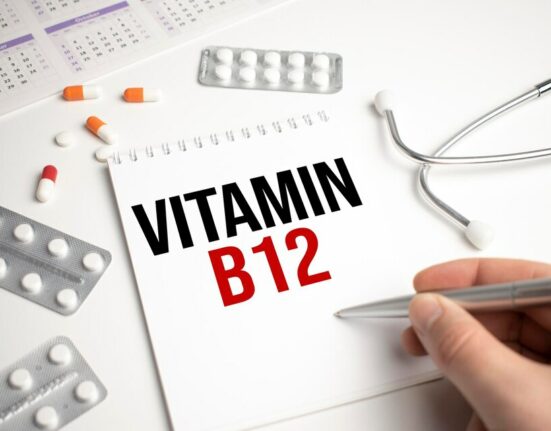Opioid detoxification, sometimes referred to as opioid detox, is the method of tapering off opioid use under medical supervision safely and effectively. This crucial action helps people escape the grip of opioid dependency and start their recovery path. It is often the initial step in the treatment of addiction. Even though opiate detox might be difficult, it is possible to go through this process effectively with the right assistance and medical attention.

1: Assessment and Evaluation
A trained healthcare professional’s examination and evaluation is the initial stage in the opioid detox procedure. Your physical and emotional well-being, medical history, and opioid usage habits will all be evaluated at this point in order to find the detoxification program that will work best for you. In order to avoid complicating the detox process, healthcare practitioners will also assess for any co-occurring physical or mental health disorders.
2: Medical Stabilization
Medical stabilization is the following step once the evaluation is over. Healthcare professionals strive to manage any potential withdrawal symptoms while also stabilizing your physical and emotional health throughout this phase. Medication like methadone, buprenorphine, or clonidine can be recommended to ease withdrawal symptoms and lessen cravings, depending on the degree of your opioid dependency.
3: Withdrawal Management
Navigating the psychological and physical symptoms of opioid withdrawal is a key component of the withdrawal management phase of the opioid detox process. The severity and length of withdrawal symptoms can range based on a number of variables, including the kind of opioid taken, how long it was used, and individual variations in tolerance and metabolism. Despite the availability of various treatment options for opioid addiction, including outpatient and residential programs, some individuals may opt for managing opioid withdrawal at home.
4: Nutritional Support
Opioid detoxification requires nutritional assistance since the procedure can tax the body and deplete vital nutrients. During the detoxification process, an adequate diet supports general health, aids in the restoration of lost nutrients, and promotes recovery. Medical professionals can advise a well-balanced diet high in protein, vitamins, and minerals to aid in the body’s healing process.
5: Psychological Support
Your mental health can suffer during an opioid detox because cravings and withdrawal symptoms can exacerbate psychological symptoms, including anxiety, despair, and irritability. In order to overcome these obstacles and assist you in managing the emotional highs and lows associated with detoxification, psychological assistance is crucial. Support groups, therapy, and counseling can help you learn coping mechanisms, manage stress and cravings more healthily, and provide important emotional support.
6: Education and Counseling
In order to fully comprehend the nature of addiction, gain knowledge of the detox process, and create long-term recovery plans, education and counseling are essential components of opioid detox. Healthcare professionals can provide educational seminars on addiction, rehabilitation, and relapse prevention during detoxification. These sessions will give you important knowledge and tools to help you on your path to recovery. You can address underlying problems that contribute to addiction, establish recovery objectives, and create a customized strategy for staying sober following detox in counseling sessions.
7: Aftercare Planning
Healthcare professionals will collaborate with you as the detox process draws to a close to create an aftercare plan that will aid in your continued recovery. Identifying the resources and support services that are accessible to you after detoxification, like medication-assisted treatment (MAT) programs, sober living facilities, support groups, and outpatient therapy, is known as aftercare planning. Healthcare professionals assist you in moving seamlessly from detoxification to the next stage of your recovery journey by putting you in touch with the right aftercare services. This lowers your chance of relapse and encourages long-term sobriety.
8: Follow-Up and Monitoring
To guarantee continued success in recovery, follow-up treatment and monitoring must be continued even after detoxification is finished. Regular follow-up sessions will be arranged by healthcare professionals in order to track your progress, make any necessary therapy adjustments, and handle any issues or worries that can come up. Continuous observation enables medical professionals to follow your healing process, spot any relapse triggers, and provide extra assistance and therapies as needed. You can sustain your sobriety and keep moving closer to your recovery objectives by continuing to participate in monitoring and follow-up treatment.
Conclusion
Opioid detoxification is a vital first phase in the treatment of addiction, offering people the tools and encouragement they need to overcome their opioid dependency and go on a journey toward healing. Do not hesitate to seek assistance from licensed healthcare experts if you or someone you know is experiencing opioid addiction. They can provide the support and care required to overcome addiction and recover a life of health and well-being.






